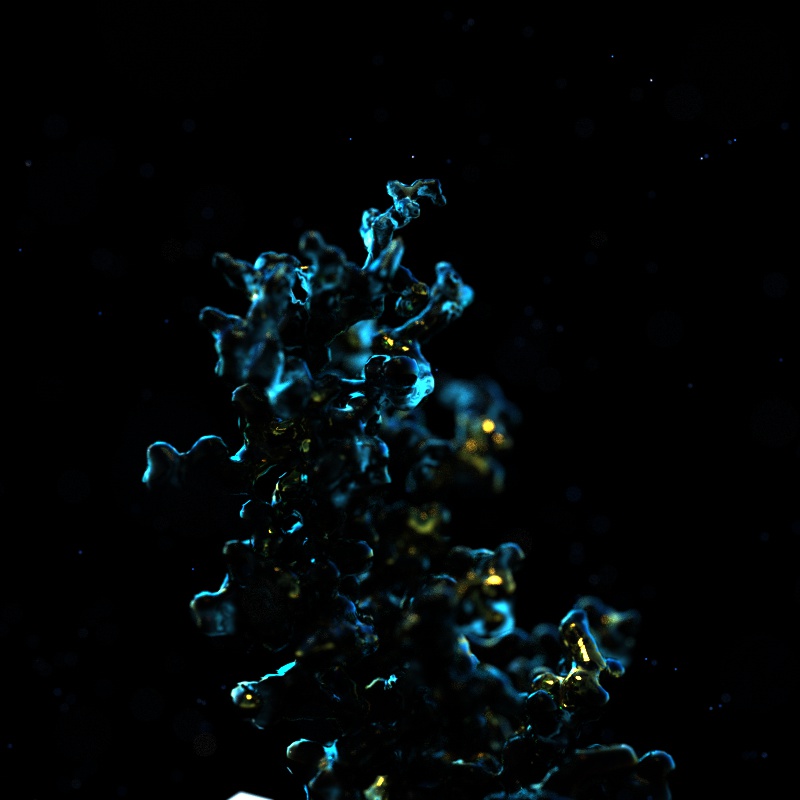
kerdan, a type of petroleum used by performers who “eat” fire. oil-based laxatives, including cod liver oil and paraffin oil. oils present in foods, including olive oil, milk, poppyseed oil, and egg yolks. Other fatty substances that can cause exogenous lipoid pneumonia include: Mineral oil–based laxatives are among the most common inhaled or aspirated substances to cause exogenous lipoid pneumonia. Severe inflammation can permanently damage the lungs. The severity of the reaction often depends on the type of oil and the length of exposure. Once in the lungs, the substance causes an inflammatory reaction. Aspiration occurs when you swallow a solid or a liquid “down the wrong pipe.” When matter enters the windpipe instead of the esophagus, it can end up in the lungs. Exogenous lipoid pneumoniaĮxogenous lipoid pneumonia occurs when a fatty substance is inhaled or aspirated. This study suggests that although the Triton X-100-based lysis method is a simple, efficient, and easy-to-scale process for lysing host cells to release the adenovirus, the storage conditions of adenovirus products must be taken into consideration.The cause of lipoid pneumonia depends on the type. Here, we found that although residual Triton X-100 affected the short-term stability, purity, infectivity, and structure of adenoviruses at 37☌, it did not hamper these properties of adenoviruses at 4☌. 
However, there is no report that a small amount of residual Triton X-100, present in adenovirus sample, can affect the particle integrity, infectivity, and structure of adenoviruses. Most Triton X-100 can be removed from the adenovirus sample by chromatographic purification.

During the adenovirus-harvesting process, the Triton X-100-based lysis method possesses the advantages of higher efficiency as well as easier linearization and amplification.

To ensure the high purity and biological activity of the adenovirus vector to be used for clinical applications, a stable and linearly scalable preparation method is highly imperative.







 0 kommentar(er)
0 kommentar(er)
